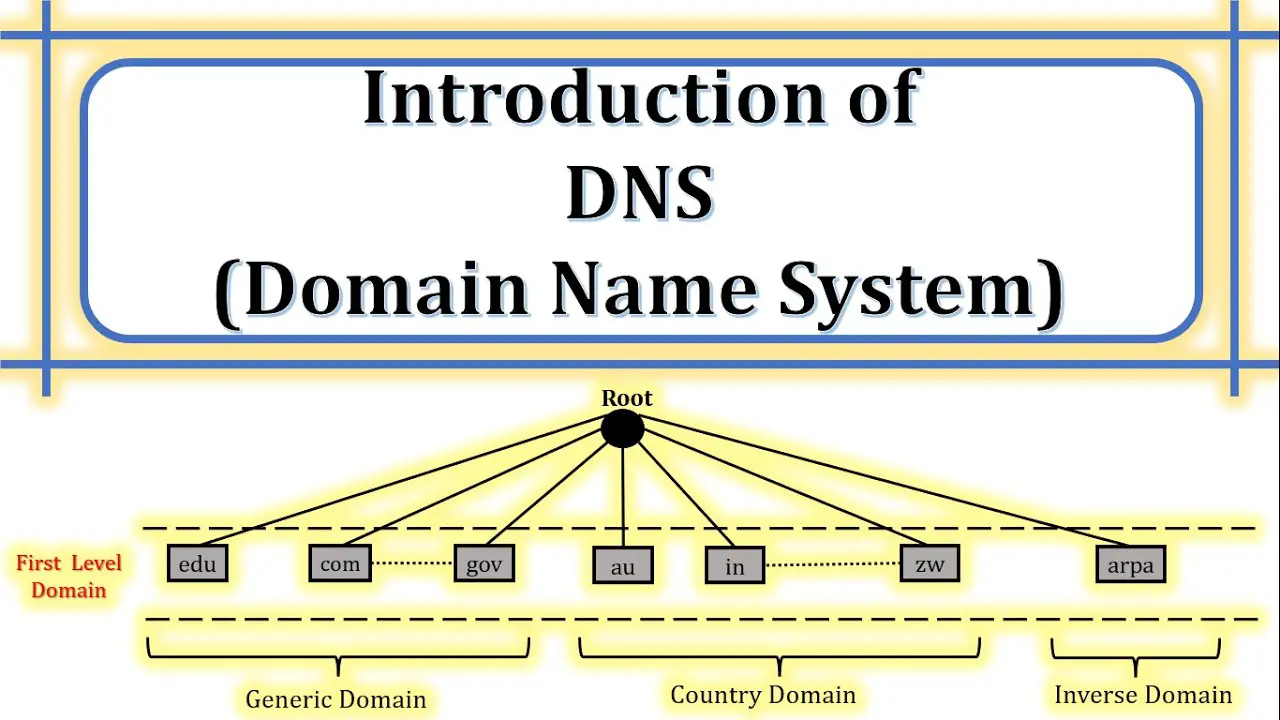In today’s fast-paced digital age, job seekers have a powerful tool at their disposal – job search apps. These apps have revolutionized the way individuals find employment opportunities, making the process more efficient and accessible than ever before. In this article, we will delve into the definition of job search apps, their significance in the modern job market, and how they are transforming the job search experience.
Job search apps are mobile applications or software platforms designed to help job seekers find employment opportunities. They provide a convenient and streamlined way for individuals to search for jobs, research companies, submit applications, and even connect with potential employers. These apps are available on various mobile devices and operating systems, making them accessible to a wide range of users.
Development History of Job Search Apps
The development history of job search apps can be traced back to the emergence of the internet and the increasing need for efficient ways to connect job seekers with employers. Here is a brief overview of the key milestones in the development of job search apps:
- Early Online Job Boards (1990s)
- The concept of online job searching began with the emergence of early job boards like Monster.com (1994) and CareerBuilder (1995). These platforms allowed job seekers to search for job listings and submit applications online.
- Rise of Niche Job Sites (2000s)
- During the early 2000s, niche job boards catering to specific industries or professions began to emerge. Examples include Dice.com for tech jobs and Idealist.org for nonprofit opportunities.
- Introduction of LinkedIn (2003)
- LinkedIn, launched in 2003, revolutionized the job search landscape by combining professional networking with job listings. It allowed users to create detailed profiles, connect with professionals, and receive job recommendations.
- Mobile Job Search Apps (Late 2000s – Early 2010s)
- With the increasing adoption of smartphones, job search apps started to gain popularity. Companies like Indeed and Glassdoor launched their mobile apps, enabling users to search for jobs on the go.
- Expansion of Mobile App Features (Mid-2010s)
- Job search apps evolved to include additional features such as personalized job recommendations, company reviews, salary information, and the ability to apply to jobs directly from mobile devices.
- Integration of AI and Machine Learning (Late 2010s – Present)
- Job search apps have incorporated artificial intelligence and machine learning algorithms to provide more accurate job recommendations and match job seekers with suitable positions.
- Gig Economy Platforms (Late 2010s – Present)
- The rise of the gig economy led to the development of platforms like Uber, Lyft, and TaskRabbit, which provide job opportunities on-demand. These platforms often have their own dedicated mobile apps.
- Remote Work and COVID-19 Impact (2020s)
- The COVID-19 pandemic accelerated the adoption of remote work, leading to an increased demand for remote job listings on job search apps. Many apps adapted to this trend by offering remote work filters and options.
- Enhanced User Experience (Ongoing)
- Job search apps continue to focus on improving user experience by offering features such as video interviews, skill assessments, and virtual career fairs.
- Social and Networking Integration (Ongoing)
- Job search apps have increasingly integrated social networking features, allowing users to connect with professionals, follow companies, and access career-related content.
Overall, the development of job search apps has been driven by technological advancements, changing work trends, and the need to provide job seekers with more efficient and user-friendly tools to find employment opportunities. These apps continue to evolve to meet the evolving needs of both job seekers and employers.
Examples of Job Search Apps
There are several job search apps available that can help you find job opportunities in various industries and locations. Here are some examples of popular job search apps:
- LinkedIn:
- Definition: A professional networking platform that also offers job search and recruiting features.
- Website: LinkedIn
- Indeed:
- Definition: A popular job search engine that aggregates job listings from various sources.
- Website: Indeed
- Glassdoor:
- Definition: A platform that provides company reviews, salary information, and job listings.
- Website: Glassdoor
- Monster:
- Definition: A job board and career resource platform for job seekers and employers.
- Website: Monster
- CareerBuilder:
- Definition: A job search and employment website that connects job seekers with employers.
- Website: CareerBuilder
- SimplyHired:
- Definition: A job search engine that offers a wide range of job listings and resources.
- Website: SimplyHired
- ZipRecruiter:
- Definition: An online employment marketplace that connects job seekers and employers.
- Website: ZipRecruiter
- Snagajob:
- Definition: A platform focused on hourly and part-time job opportunities.
- Website: Snagajob
- Dice:
- Definition: A job board specializing in technology and IT-related positions.
- Website: Dice
- CareerJet:
- Definition: A job search engine that provides job listings from various websites.
- Website: CareerJet
- Simply Hired:
- Definition: An online job search engine that aggregates job listings from multiple sources.
- Website: Simply Hired
- Idealist:
- Definition: A job search platform focused on nonprofit and social impact opportunities.
- Website: Idealist
- LinkUp:
- Definition: A job search engine that indexes job listings directly from company websites.
- Website: LinkUp
- USAJOBS:
- Definition: The official job site for the U.S. federal government, offering government job listings.
- Website: USAJOBS
- SimplyBook.me:
- Definition: A booking and scheduling software that can be used for job scheduling and appointments.
- Website: SimplyBook.me
Uses of Job Search Apps
Job search apps have become increasingly popular and valuable tools for job seekers in today’s digital age. They offer a wide range of features and benefits to help individuals find employment opportunities more efficiently. Here are some common uses of job search apps:
- Job Discovery: Job search apps allow users to discover a wide range of job opportunities by searching for keywords, location, industry, or job type. They provide access to a vast database of job listings from various sources.
- Resume Creation and Submission: Many job search apps enable users to create and upload their resumes, making it easy to apply for jobs directly through the app. Some apps even offer resume-building tools and templates to help users craft effective resumes.
- Customized Job Alerts: Users can set up personalized job alerts based on their preferences, such as location, salary range, job title, or specific keywords. The app will then notify them when relevant job openings become available.
- Company Research: Job search apps often provide detailed information about companies, including company profiles, reviews, ratings, and employee feedback. This information helps users evaluate potential employers.
- Networking: Some job search apps offer networking features, allowing users to connect with professionals, recruiters, and other job seekers. Networking can be a valuable part of the job search process.
- Interview Preparation: Some apps offer interview tips, sample interview questions, and other resources to help users prepare for job interviews. They may also provide insights into the interview process at specific companies.
- Salary Information: Users can access salary information and salary range estimates for different job positions and locations. This information can be useful for negotiating job offers.
- Application Tracking: Job search apps often include features to help users track the status of their job applications. They can see which positions they’ve applied for, when they applied, and the current status of each application.
- Remote Work Opportunities: With the rise of remote work, many job search apps allow users to filter and search for remote job opportunities, which can expand their job search to a global scale.
- Skill Development: Some apps offer resources for skill development, including online courses, webinars, and articles, to help users enhance their qualifications and make themselves more competitive in the job market.
- Job Fairs and Events: Job search apps sometimes provide information about job fairs, career events, and workshops in the user’s area, allowing them to participate in networking and recruitment events.
- Feedback and Reviews: Users can read and leave reviews about their job search experiences, interviews, and employers. This can provide valuable insights for others in the job market.
- Job Market Insights: Job search apps may offer data and analytics on job market trends, demand for specific skills, and salary trends to help users make informed career decisions.
- Accessibility: Job search apps are accessible anytime and anywhere through mobile devices, making it easy for users to stay updated on job opportunities and take immediate action when they find interesting positions.
- Document Management: Some apps provide document storage features, allowing users to keep their resumes, cover letters, and other application materials organized and readily accessible.
Facts, Features and Functions of Job Search Apps
Job search apps are essential tools for job seekers, offering a convenient way to explore job opportunities, connect with employers, and manage their job search. Here are some facts, features, and functions of job search apps:
Facts:
- Ubiquitous Availability: Job search apps are available on various platforms, including mobile devices (iOS and Android), websites, and desktop applications.
- Diverse Job Listings: These apps provide access to a wide range of job listings across different industries, job types, and locations.
- User Base: Job search apps have a large user base, including job seekers at various career stages, from entry-level to experienced professionals.
- Integration: Some job search apps integrate with social media platforms and professional networks like LinkedIn, making it easier to connect with potential employers and network with professionals in your industry.
- Notification Systems: Many apps offer notification systems that alert users when new job opportunities matching their criteria are posted.
Features:
- Search Filters: Users can filter job listings by criteria such as location, job type, salary range, industry, and experience level.
- Resume Upload: Users can upload their resumes and cover letters to apply for jobs directly through the app.
- Saved Searches: Job seekers can save specific search criteria to quickly access relevant job listings later.
- Application Tracking: Some apps allow users to track the status of their job applications, helping them stay organized throughout the job search process.
- Company Profiles: Users can access information about hiring companies, including company descriptions, reviews, and employee ratings.
- Networking: Many job search apps include features that facilitate networking, such as the ability to connect with recruiters and other professionals in the field.
- Salary Information: Some apps provide salary information for different job roles and industries, helping job seekers understand market rates.
- Interview Preparation: Job search apps may offer resources such as interview tips, sample interview questions, and advice on resume writing.
- Location-Based Services: GPS and location-based services help users find job opportunities in their immediate vicinity.
- Remote Job Search: Given the rise of remote work, many job search apps allow users to search specifically for remote job opportunities.
Functions:
- Job Search: Users can search for job listings based on their preferences and criteria.
- Apply for Jobs: Job seekers can apply for positions directly through the app, often by submitting their resume and cover letter.
- Save and Organize: Users can save interesting job listings and organize them for easy access.
- Networking: Some apps allow users to connect with recruiters, employers, and other professionals to expand their network.
- Notifications: Users receive notifications about new job listings, application updates, and other relevant information.
- Research Companies: Job seekers can research hiring companies to learn more about their culture, values, and reputation.
- Salary Research: Users can access salary information to negotiate job offers effectively.
- Interview Preparation: Some apps offer resources to help job seekers prepare for interviews and improve their chances of success.
- Feedback and Ratings: Users can provide feedback on their job application experiences and rate employers.
- Career Advice: Many job search apps offer articles, blog posts, and other resources to help users navigate their careers.
Conclusion
Job search apps have revolutionized the way individuals navigate the employment market. These platforms offer convenience, accessibility, and an extensive range of job opportunities at the fingertips of job seekers. With user-friendly interfaces and advanced search filters, job seekers can efficiently connect with potential employers, enhancing their chances of finding suitable employment. Additionally, these apps provide valuable resources such as resume builders and interview tips, aiding in the overall job search process. As the job market continues to evolve, job search apps will likely remain indispensable tools for both job seekers and employers, fostering a more efficient and dynamic employment landscape.







Leave a Reply